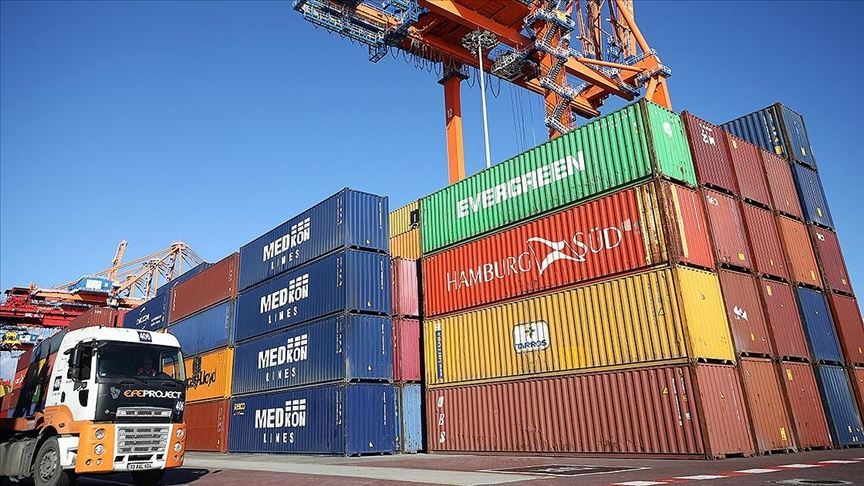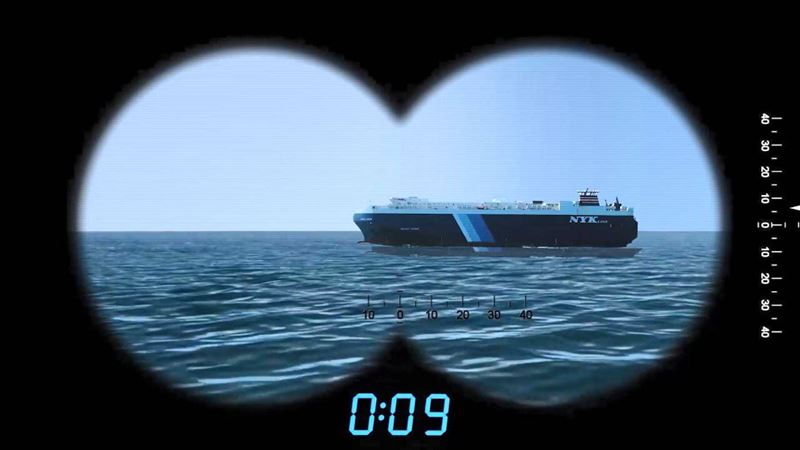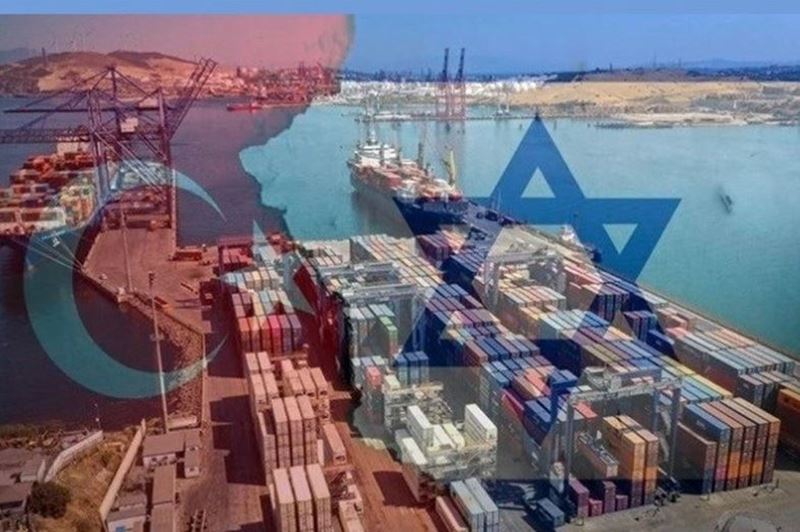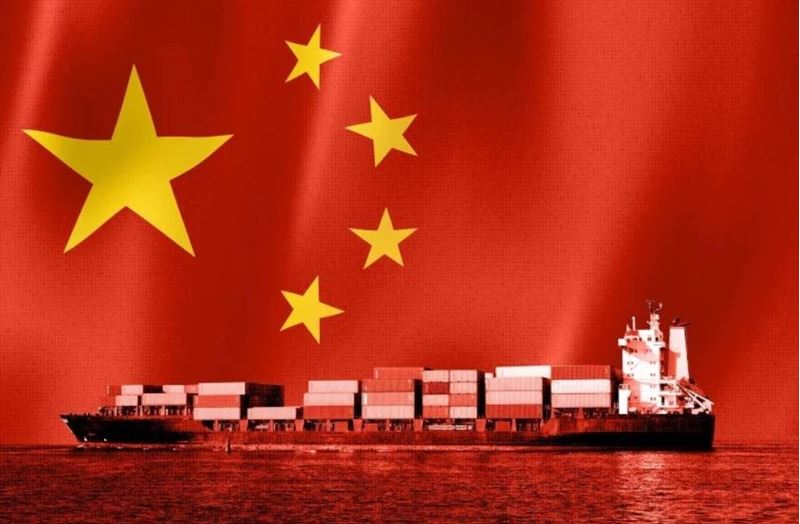Freight prices on major maritime trade routes continue to decline after high inflation stifled consumer demand and global supply chain problems eased.
The Baltic Dry Index (BDI), known as the indicator of transportation charges in the freight market, started a downward trend after reaching the highest level since 2008 with 5,650 points at the beginning of last October. While the index, which is one of the leading indicators of the global economy, was at the level of 2,200 points at the beginning of the year, it remained at the level of 1,213 points as of September 9.
The value of the Freightos Baltic Global Container Index (40-inch HC container cost), which measures the container freight rates on 12 important seaway lanes of global trade, was $9,293 at the beginning of this year, but dropped below $5,000 as of September 9.
Again, according to the index, the cost of containers from China to the West Coast region of the USA decreased by approximately 60 percent compared to January 2022, to the level of 4 thousand dollars.
The cost of a container sent from Asia to Europe fell by more than 50 percent to less than $8,000.
Globally, more than 90 percent of all goods are transported by ship, which is why container shipping is seen as the lifeblood of world trade.
Experts stated that a potential global recession ground caused by high inflation dragged down freight prices, the slowdown in demand growth for consumer products after Kovid-19, and retailers and manufacturers supplying their goods earlier than usual contributed to this decline.
On the other hand, China currently controls about 54 percent of the container ship capacity ordered, while the disruption in China due to Beijing's zero Covid-19 policy is negatively affecting the global supply chain.
Despite this, analysts expect freight rates to continue to decline for the rest of the year as supply chain pressures ease, large retailers such as Walmart procure their products earlier, lower demand and a possible recession in the global economy.
Ship congestion continues in some important ports
According to the Kiel Institute for the World Economy (IfW), one of Germany's leading economic institutes, as of September 7, about 11 percent of all goods transported globally are stuck in major ports.
IfW assesses that although freight rates have fallen, these congestions and high fuel costs have prevented freight rates from returning to pre-COVID-19 levels, and higher shipping costs have suppressed further recovery in global trade.
In addition, shipping companies invest billions in new technologies and fuels that will significantly reduce their carbon emissions, preventing freight prices from falling further.
On the other hand, while the World Trade Organization (WTO) expects global goods trade to grow by 3 percent this year, uncertainty about this forecast has increased due to the ongoing Russia-Ukraine war, increasing inflationary pressures and expected monetary policy tightening in advanced economies.
Meanwhile, while policymakers risk a recession against rising inflation, many institutions such as the International Monetary Fund (IMF) and the World Bank are warning that it will be difficult for many countries to avoid a recession by lowering their growth forecasts.
While it is predicted that inflation and restrictive monetary policies will reduce the growth rate of the world economy, the Kovid-19 outbreak and Russia's war in Ukraine cause the uncertainty regarding the global economy to continue.
Container crisis in the Kovid-19 outbreak
With the new type of coronavirus (Kovid-19) epidemic, the "empty container" crisis started on the sea route, where approximately 90 percent of world trade is carried out. First, the increases in freight prices (the ship's freight charges), which started in the Far East, America and Europe markets, were felt almost all over the world.
Freight prices doubled by 10 in the said period, and it was also difficult to find containers. Freight prices, which were at the level of 2 thousand dollars before Kovid-19 on the Far East-Europe line, were based on 20 thousand dollars.
While strict restrictions on economic activities to prevent the spread of the epidemic led to a large decline in retail sales, a sharp economic recovery was seen as the restrictions were eased and countries started to open up again.
Especially since the ships coming from China to the USA could not unload their cargo, they could not return in a short time and this deepened the supply problem. Especially in the USA and China, hundreds of container ships waited in line to reach ports.
Many industrialists, from automotive to consumables, from textiles to furniture, could not deliver their orders on time due to logistical problems, and had to delay or reduce their production because the distribution of intermediate goods could not be made on time.
Today, large ships can carry 24 thousand containers, while the construction of a new ship takes 2-3 years. Therefore, new ship and container orders could not help the crisis in the short term.
In addition, the anticipated new carbon emissions regulations for shipping have made some companies cautious about expanding their fleets.
Meanwhile, while many global shipping companies are having a profitable year, they are expected to add new vessels to their fleets.









Comments
No comment yet.